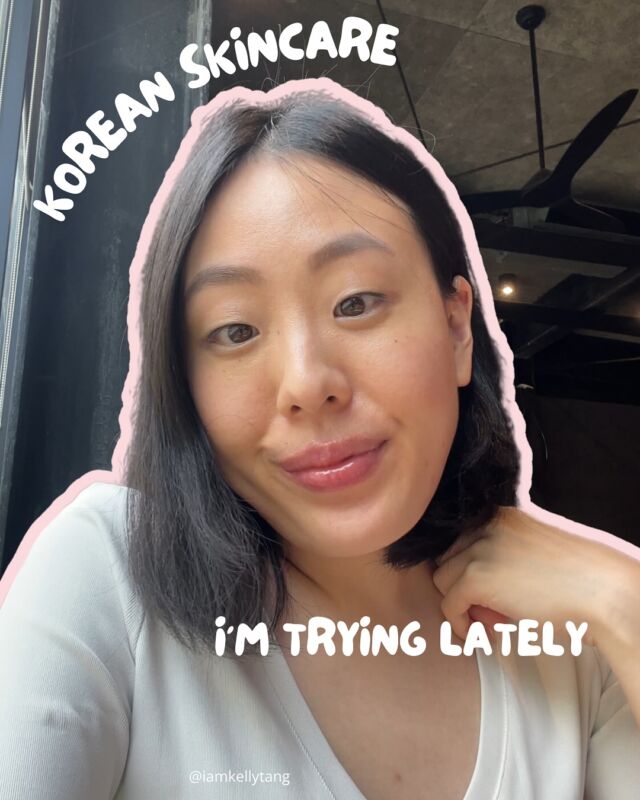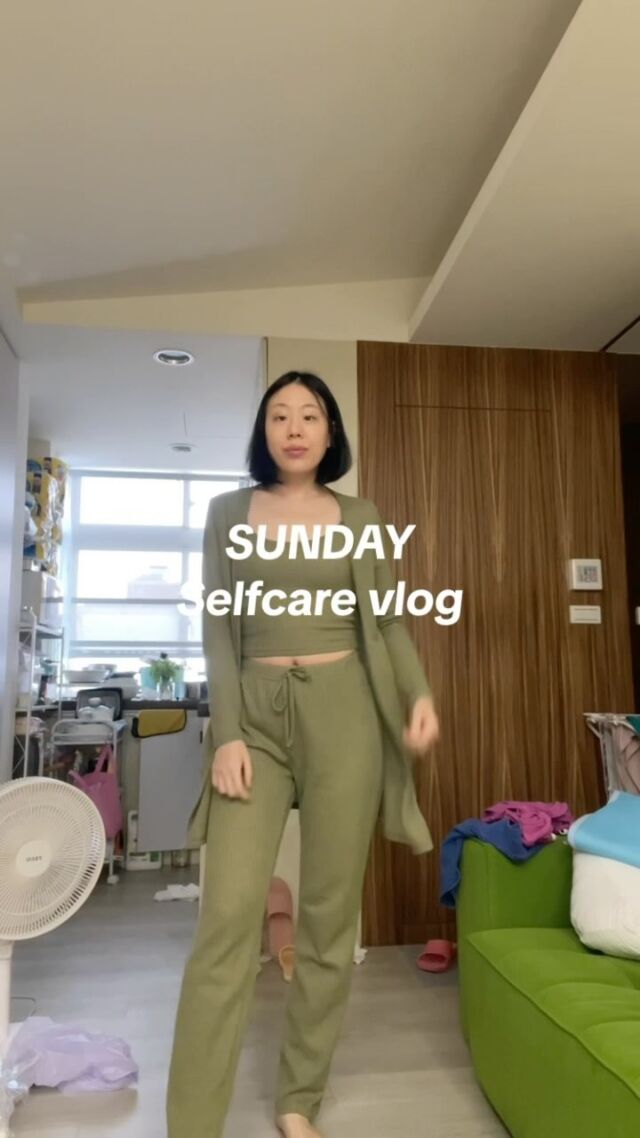Tossing and turning all night? Dragging yourself through the day? A messed-up sleep schedule hits hard, and it’s more than just feeling tired. Consistent sleep is key for your health; without it, you risk more than grogginess—think weakened immunity, foggy thinking, and even long-term health issues. Life throws curveballs, but that doesn’t mean you’re stuck with sleepless nights. This post cuts through the noise, offering simple, natural ways to reset your sleep and get the rest you deserve, so you can reclaim your energy and well-being.
Understanding Your Sleep Schedule:
Your body runs on a 24-hour cycle called the circadian rhythm. This internal clock governs not just sleep, but hormone release, metabolism, and even immune function.
Stress, late-night screens, and inconsistent routines derail this delicate system. When your circadian rhythm is disrupted, it’s not just about feeling tired. It throws your hormones out of whack, impacting everything from appetite to mood.
Long-term sleep disruption increases your risk for serious health issues like heart disease and diabetes. Signs your schedule’s off? Trouble falling asleep, waking up tired, and daytime sleepiness. Even seasonal changes can throw things off briefly.
But don’t worry, you can get back on track and protect your health.
Natural Remedies for Better Sleep:
Optimizing Your Sleep Environment:
Your bedroom should be a sanctuary dedicated to rest. Think of it as your personal sleep cave.
- Darkness is non-negotiable: Even the smallest amount of light can disrupt melatonin production. Invest in blackout curtains to block out streetlights and morning sun. A sleep eye mask can also be a game-changer, especially if you can’t control all light sources.
- Temperature matters: A cool room, around 65°F (18°C), promotes deeper sleep. Your body temperature naturally drops when you sleep, and a cool environment supports this process. A cooling mattress pad or breathable bedding can also help regulate temperature.
- Silence is golden: Noise disrupts sleep cycles. If you live in a noisy area, a white noise machine or earplugs specifically for sleep can create a more peaceful environment. White noise helps mask disruptive sounds, creating a consistent background.
- Weighted blankets for deep pressure: These blankets provide deep pressure stimulation, which can calm the nervous system and promote relaxation. They can be especially helpful for anxiety-related sleep issues.
Establishing a Relaxing Bedtime Routine:
A consistent bedtime routine signals to your body that it’s time to wind down. Think of it as preparing your mind and body for sleep.
- Set a Consistent Schedule: Go to bed and wake up at the same time every day, even on weekends. This helps regulate your circadian rhythm.
- Ditch the Screens: The blue light emitted from screens suppresses melatonin production. Avoid phones, tablets, and computers at least an hour before bed.
- Create a Relaxing Pre-Sleep Ritual:
- Reading: A physical book or a Kindle Paperwhite with warm light settings can help you unwind. Try to avoid backlit screens that emit blue light.
- Warm Bath: A warm bath or shower can relax your muscles and prepare you for sleep. You can try shower steamers, or a classic epsom salt bath that use aromatherapy to help you unwind.
- Gentle Stretching or Yoga: Light stretches or gentle yoga poses like legs up on the wall pose, child’s pose and supine twists can release tension and promote relaxation.
- Mindful Breathing: Practice deep, slow breaths to calm your mind. Remembering to inhale through the nose, and exhale out the mouth. You can also try the 4-7-8 breathing technique, where you inhale through your nose for 4 seconds, hold for 7 seconds and exhale out from your mouth for 8 seconds. Do this a few times until you feel more relaxed.
Dietary and Supplement Support:
What you eat and drink can significantly impact your sleep. Small changes can make a big difference.
- Avoid Stimulants Before Bed: Caffeine and nicotine are notorious sleep disruptors. Avoid them several hours before bedtime. Alcohol, while it might initially make you feel sleepy, can disrupt sleep later in the night.
- Foods That Promote Sleep: To improve overall health and, consequently, your sleep, it’s crucial to consume nutrient-rich foods throughout the day, rather than relying on a large meal right before bed, which can be uncomfortable. Think of it as a cumulative effect; consistent intake over time yields the best results. Prioritize whole food sources whenever possible.
- Tryptophan-rich proteins, like poultry, eggs, and other protein-rich foods, provide the amino acid necessary for serotonin and melatonin production, aiding in sleep.
- Magnesium-rich foods, such as spinach or almonds, can promote relaxation.
- Calcium-rich foods support melatonin production.
- Herbal and Caffeine-Free Teas: Chamomile, valerian root, and other caffeine-free herbal blends are known for their calming properties. Or if you want a powerful relaxation tea, this Non-GM blend of lemon balm, passionflower, chamomile, and lavender is another alternative to relax and reduce stress. Enjoy a warm cup an hour before bed.
- Supplements: I do recommend supplementation but I recommend it along with a healthy diet and lifestyle. It’s not meant to be a crutch, and can also disregulate your body if you rely on them too heavily, without making habit and lifestyle changes.
- Melatonin: This hormone helps regulate your sleep-wake cycle. Short-term use may help with jet lag or occasional sleep disruptions. It can also sometimes make you groggy. If you’re looking for a more refreshing feeling when waking up, It’s best to use a blend of herbs combined with melatonin like the sleep now. I don’t recommend relying on melatonin for long periods of time, but sometimes when you’re stressed out you just need a little extra that will relax you.
- Magnesium: Magnesium can relax muscles and calm the nervous system. Magnesium supplements may be useful, especially for those with magnesium deficiency. The most popular of them would be magnesium glycinate specifically for sleep. I would highly recommend getting your blood work done first to even see if you’re missing any key nutrients and then supplementing from there.
- Ashwagandha: This adaptogen may help reduce stress and improve sleep quality by modulating the body’s stress response. Again, this is not something you want to use every single day, because it may have symptoms like feeling numb to everything. That’s why I again recommend something called relax now, its an herbal blend, so its not only ashwagandha by itself.
The Power of Light and Exercise:
Light and movement play a crucial role in regulating your sleep-wake cycle. Getting the timing right is key.
- Morning Sunlight Exposure: Sunlight in the morning helps to set your circadian rhythm. Aim for at least 15-20 minutes of exposure within an hour of waking. This signals to your body that it’s time to be awake, which can improve sleep quality at night.
- Red Light Therapy Panels:
- Some studies suggest that red light therapy, using specific panels, may improve sleep quality by influencing melatonin production and reducing stress. If you’re looking for something thats relatively affordable, and lightweight, start with a simple red light panel. This is the one that I use, and red light can also help with pain management, and lymphatic drainage. And if you’re into skincare like I am, then this is also a great non-invasive way to take care of your skin.
- Some studies suggest that red light therapy, using specific panels, may improve sleep quality by influencing melatonin production and reducing stress. If you’re looking for something thats relatively affordable, and lightweight, start with a simple red light panel. This is the one that I use, and red light can also help with pain management, and lymphatic drainage. And if you’re into skincare like I am, then this is also a great non-invasive way to take care of your skin.
- Regular Exercise:
- Physical activity can improve sleep quality and duration. Again, this is something you have to do consistently in order to reap the rewards. But also you have to make sure you don’t do workouts that are too intense too soon, as that causes exercise fatigue, which is not the kind of sleep you’re wanting.
- However, avoid intense workouts within 2-3 hours of bedtime, as they can have a stimulating effect.
- Gentle exercise, like walking or stretching, in the evening can be beneficial. After meal walks are one of the things that I highly recommend for everyone, even walking only 10 minutes can make a difference in digestion, and well being. Even better if you make it a family or friend thing.
Mindfulness and Relaxation Techniques:
A racing mind can keep you up at night. Training your mind to relax is essential for quality sleep.
- Meditation and Deep Breathing: These techniques can be done anywhere, anytime, but are very helpful before bed. Even a few minutes of daily meditation can calm the nervous system and reduce stress. Deep, slow breathing exercises can help quiet a busy mind like the 4-7-8 that I mentioned earlier. You can also use affirmations, or mantras to help you in the meditation process. I personally like to use music frequencies, and subliminals as I meditate. You can do these right before falling asleep, as I’ve found them very helpful for sleep. There are so many available on youtube. I have also created a 528hz relaxation meditation music that you can check out as well.
- Progressive Muscle Relaxation: This technique involves tensing and releasing different muscle groups to release physical tension. You first want to lie down in bed, and do a body scan. Find any places of your body that you find particularly tense. Focusing on that area, you can inhale and tense the muscles in that area, and hold for a few seconds, and then release with an exhale. You can do your whole body, or just the areas you feel are most tense. Its best to add in deep breaths along with this practice to truly release tension. It can be very effective for promoting relaxation and preparing for sleep.
- Aromatherapy: Certain essential oils, like lavender and chamomile, have calming properties. It’s also another alternative to drinking the tea or a bath. You can place them on your temples, or behind your ears and massage them in. This instantly relaxes me. You can also use an aromatherapy diffuser in your bedroom can create a relaxing atmosphere.
- Acupressure: Applying gentle pressure to specific acupressure points can promote relaxation and ease insomnia.
- Points like the Shen men (spirit gate) or HT7 is on your inner wrist crease, pinky finger side. Massage gently. Calms the mind.
- The “An Mian” point behind your ear, midway to your skull base, in the depression. Massage gently. This targets insomnia. I do this with some essential oils and it works so well.
- Acupressure mats, are designed for full-body relaxation, and can be helpful. It might be a little uncomfortable at first though, because these mats are meant to trigger meridian points on your body to help you relax, and revive your muscles after a workout.
Creating a Sustainable Sleep Schedule:
Fixing your sleep schedule isn’t a one-night fix. It’s about building habits that last.
- Gradual Adjustments: Don’t try to change your sleep schedule by hours at once. Shift it by 15-30 minutes each day until you reach your desired time.
- Sleep Calculator: Use an online sleep calculator to determine the optimal time to fall asleep and wake up, based on your desired wake time. This can help you maximize restful sleep, and help you plan accordingly.
- Consistency is King: Stick to your schedule, even on weekends. This reinforces your circadian rhythm. I can’t repeat this enough, this also goes along with your meal times too!!
- Handle Disruptions Wisely: Travel and late nights happen. When they do, get back on schedule as quickly as possible. Don’t let one bad night derail your progress.
Conclusion
Reclaiming your sleep schedule is within reach. By implementing these natural remedies and prioritizing consistency, you can achieve restful nights and energized days. Remember, small changes can lead to significant improvements in your overall well-being. While these tips can be very helpful, if you consistently struggle to sleep, have excessive daytime sleepiness, or suspect a sleep disorder, please consult a healthcare professional. They can diagnose underlying issues and recommend treatment. Prioritize sleep, and you’ll reap the rewards.





